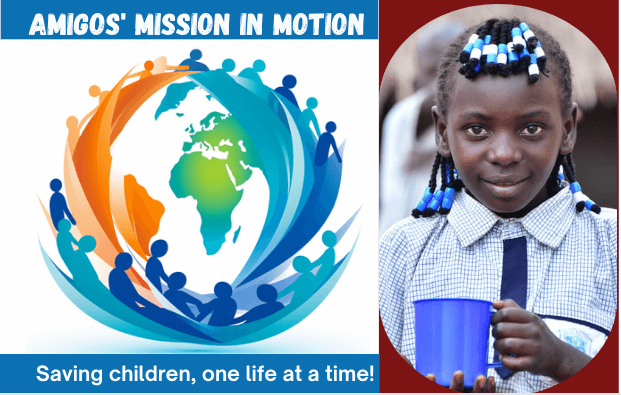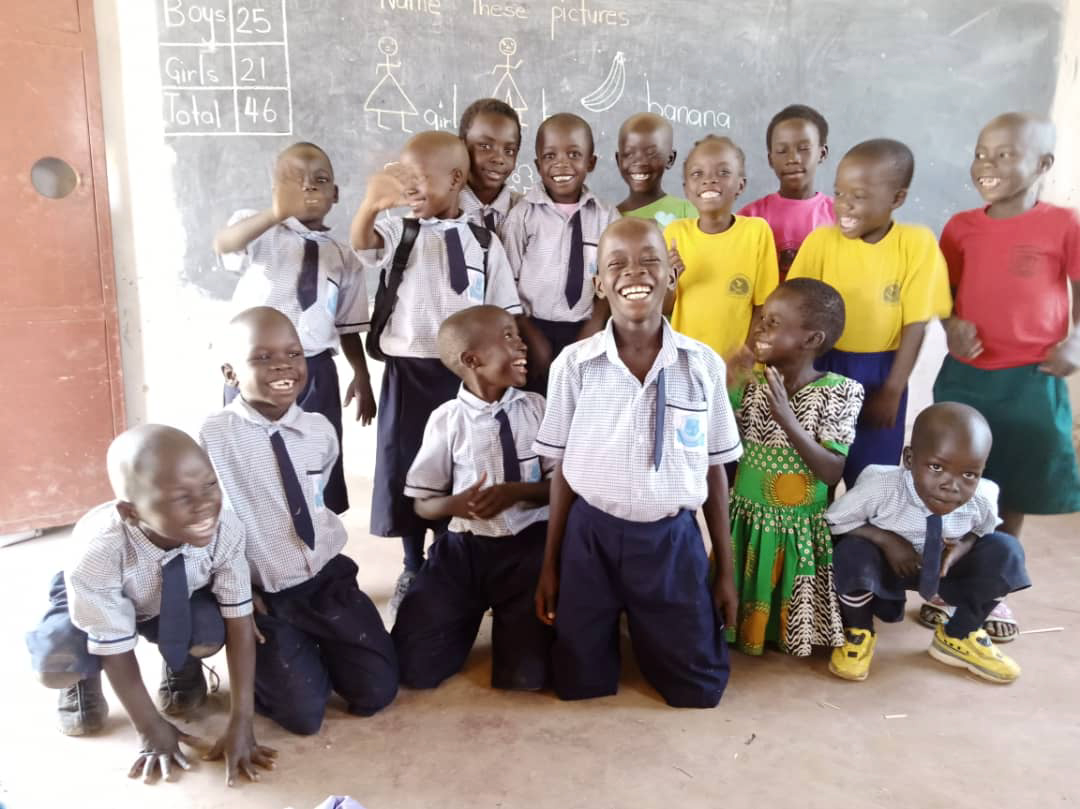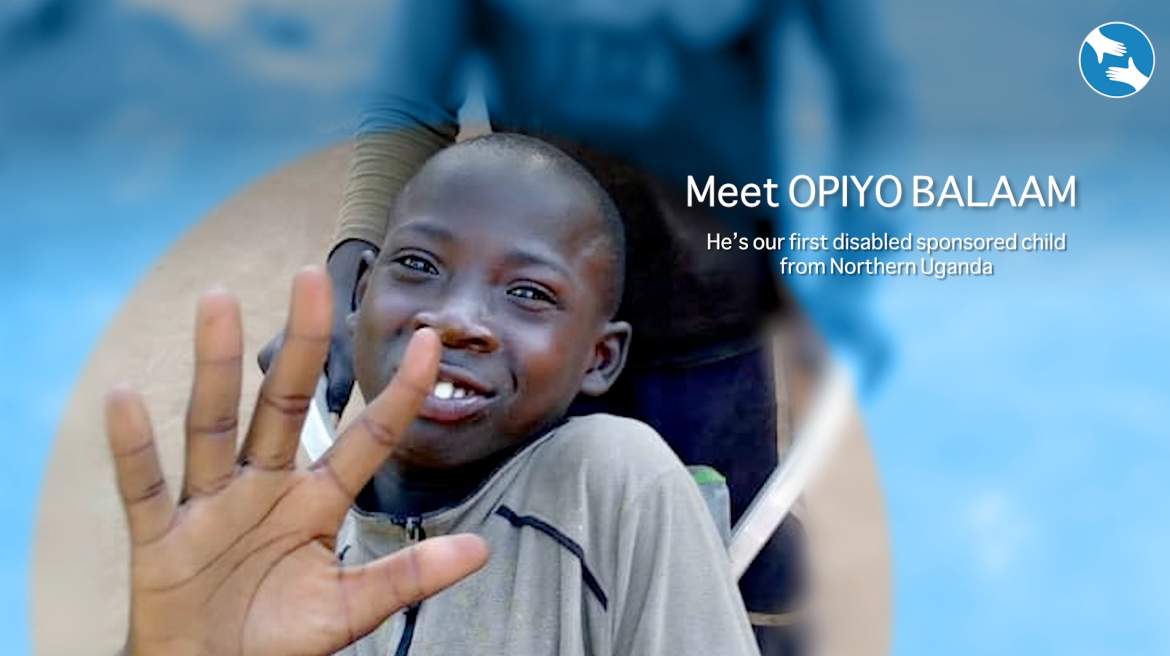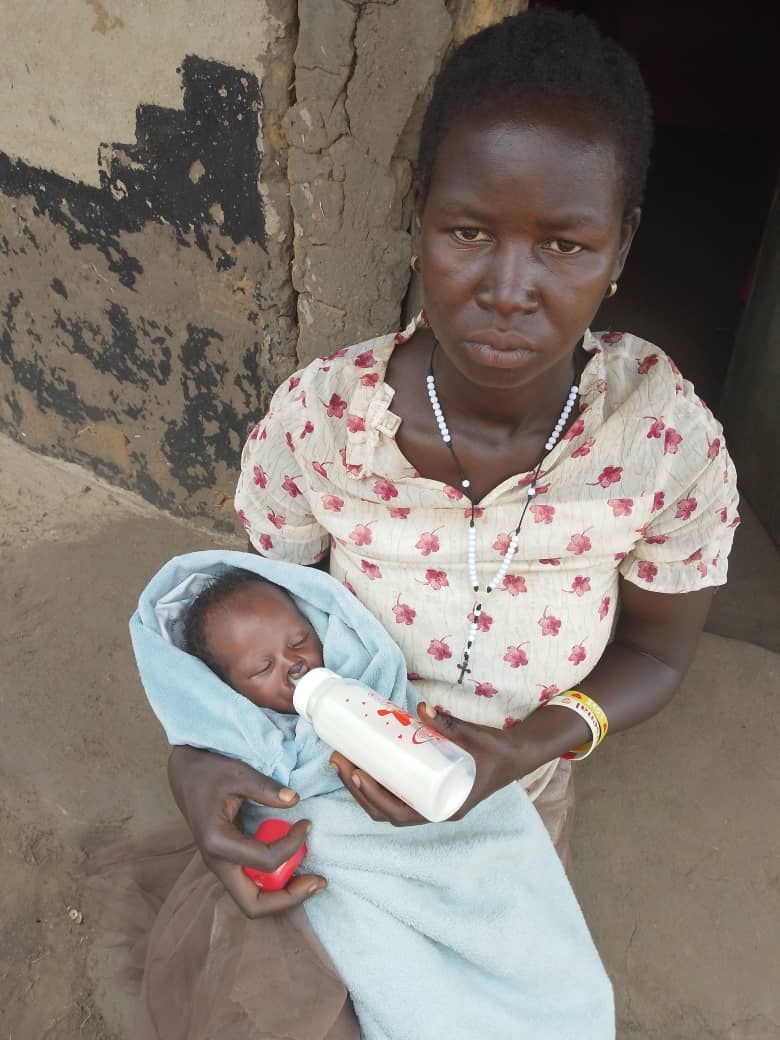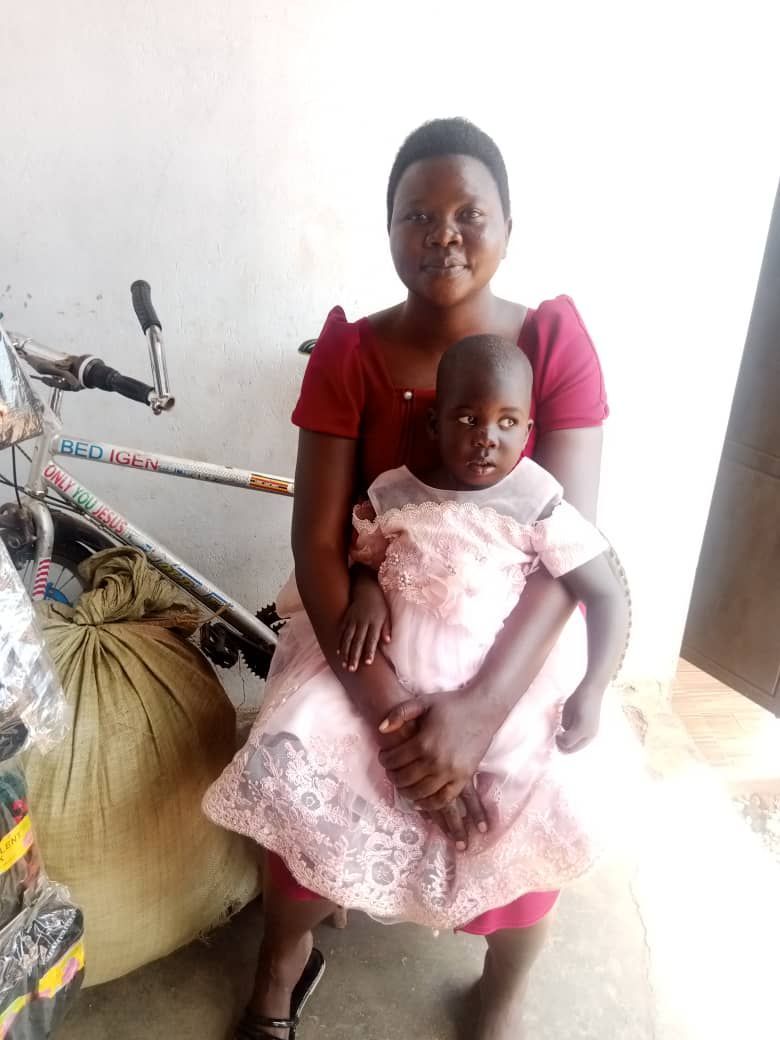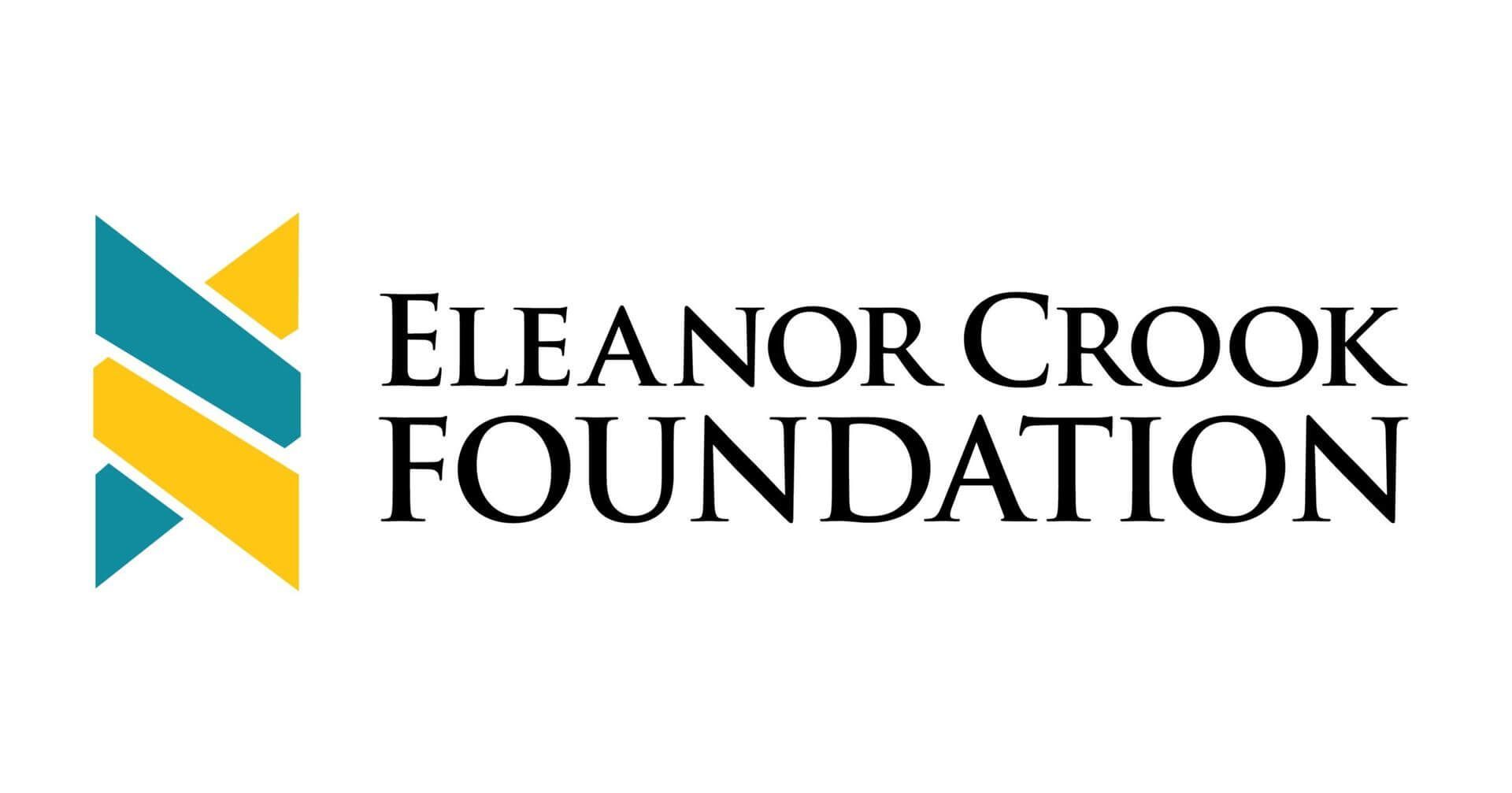Unmasking Gender Discrimination: The Hidden Obstacle to Progress

Gender discrimination is a persistent and insidious obstacle that continues to cast a dark shadow over the path towards true equality and societal progress. This deeply entrenched issue infiltrates various aspects of our lives, from education and employment to healthcare and social interactions. Its effects are far-reaching, inflicting harm upon individuals and society as a whole.
In this article, we will delve into the intricacies of gender discrimination, exploring its definition, manifestations, legal implications, and the consequences it inflicts on individuals and communities.
What is gender discrimination?
Gender discrimination is a significant issue that involves treating individuals unfairly based on their gender or sex. It encompasses biases, stereotypes, and unfair practices that limit opportunities and privileges for certain genders.
This type of discrimination can be observed in various areas of life, such as schools, workplaces, healthcare settings, and social interactions. Its presence creates an unequal power dynamic, impeding progress towards a fair and just society.
What does gender discrimination look like?
Gender discrimination reveals itself through various forms, ranging from explicit to more subtle instances. It encompasses unequal pay for equal work, job segregation, limited access to education and healthcare, gender-based violence, sexual harassment, and the undervaluation of women's contributions across different domains.
The existence of gender discrimination often serves to perpetuate harmful stereotypes, reinforce power imbalances, and sustain cycles of inequality.
Education
To grasp the concept of gender discrimination, it's important to understand what it means and how it manifests in our daily lives. Imagine a scenario where a talented female student is discouraged from pursuing a career in science because it's perceived as a "male-dominated" field. This is an example of gender discrimination in education, where biases and stereotypes restrict opportunities based on gender.
Workplace
In the workplace, gender discrimination can take the form of pay gaps, where women are paid less than their male counterparts for performing the same job with equal competence. It can also result in job segregation, where certain roles are predominantly assigned to a specific gender, limiting career advancement opportunities.
Healthcare
Gender discrimination can also impact healthcare. For instance, women's health concerns might receive less attention or funding compared to men's health issues, leading to disparities in research, diagnosis, and treatment options.
Recognizing the harmful effects of gender discrimination is crucial in addressing this issue. By promoting awareness, challenging stereotypes, and advocating for fairness, we can strive towards a society where every individual is treated with respect and equal opportunities, regardless of their gender. Together, let's embark on a journey to educate others and advocate for a future free from the inequalities of gender discrimination.
Is gender discrimination against the law?
Thankfully, numerous countries have acknowledged the detrimental impact of gender discrimination and taken steps to combat this pervasive issue. Through the implementation of laws and regulations, they strive to protect individuals from unfair treatment based on their gender identity or sex.
Anti-discrimination laws have emerged as crucial safeguards, aiming to ensure equal opportunities and rights for all. These laws typically encompass provisions that prohibit gender-based discrimination in vital domains such as employment, education, housing, and public services.
While anti-discrimination laws form a crucial foundation, creating lasting change necessitates more than legal frameworks alone. Societal awareness, education, and a collective commitment to challenging discriminatory practices are vital for progress. It is crucial for individuals, communities, and institutions to actively promote gender equality, challenge biases, and foster an environment that values and respects individuals of all genders.
How does gender discrimination hurt everyone?
Gender discrimination doesn't just harm the individuals who experience it firsthand—it negatively affects society as a whole. When talented individuals are marginalized or excluded based on their gender, the entire community suffers. The consequences of gender discrimination are far-reaching, stifling creativity, innovation, and progress by limiting the diverse perspectives and valuable contributions that individuals of all genders can offer.
Consider a scenario where a highly skilled female engineer faces gender discrimination, resulting in limited career advancement opportunities or unequal pay. In this case, not only does the engineer face injustice, but society also loses out on the valuable expertise and innovative ideas she could have contributed. By excluding talented individuals based on their gender, we diminish the collective potential of our communities and hinder social and economic growth.
The economic impact of gender discrimination is significant as well. When individuals are denied equal opportunities and fair treatment in the workplace, productivity suffers, and talent goes untapped. This not only affects the individuals themselves but also hampers overall economic growth. By fostering an environment free from gender discrimination, we can unlock the full potential of individuals and promote sustainable development for society as a whole.
What is gender inequality?
Gender inequality encompasses the unequal distribution of power, resources, and opportunities between genders. It highlights the disparities in social, economic, and political spheres that disadvantage individuals based on their gender identity. This imbalance is perpetuated by social norms, cultural beliefs, and structural biases that reinforce systemic discrimination.
For example, in many societies, women face limited access to education, economic opportunities, and decision-making positions. This results in a significant gap in representation and influence, hindering their ability to fully participate in shaping their own lives and communities. Such disparities not only harm individuals but also impede social progress and limit the collective potential of society.

Working Women of Africa
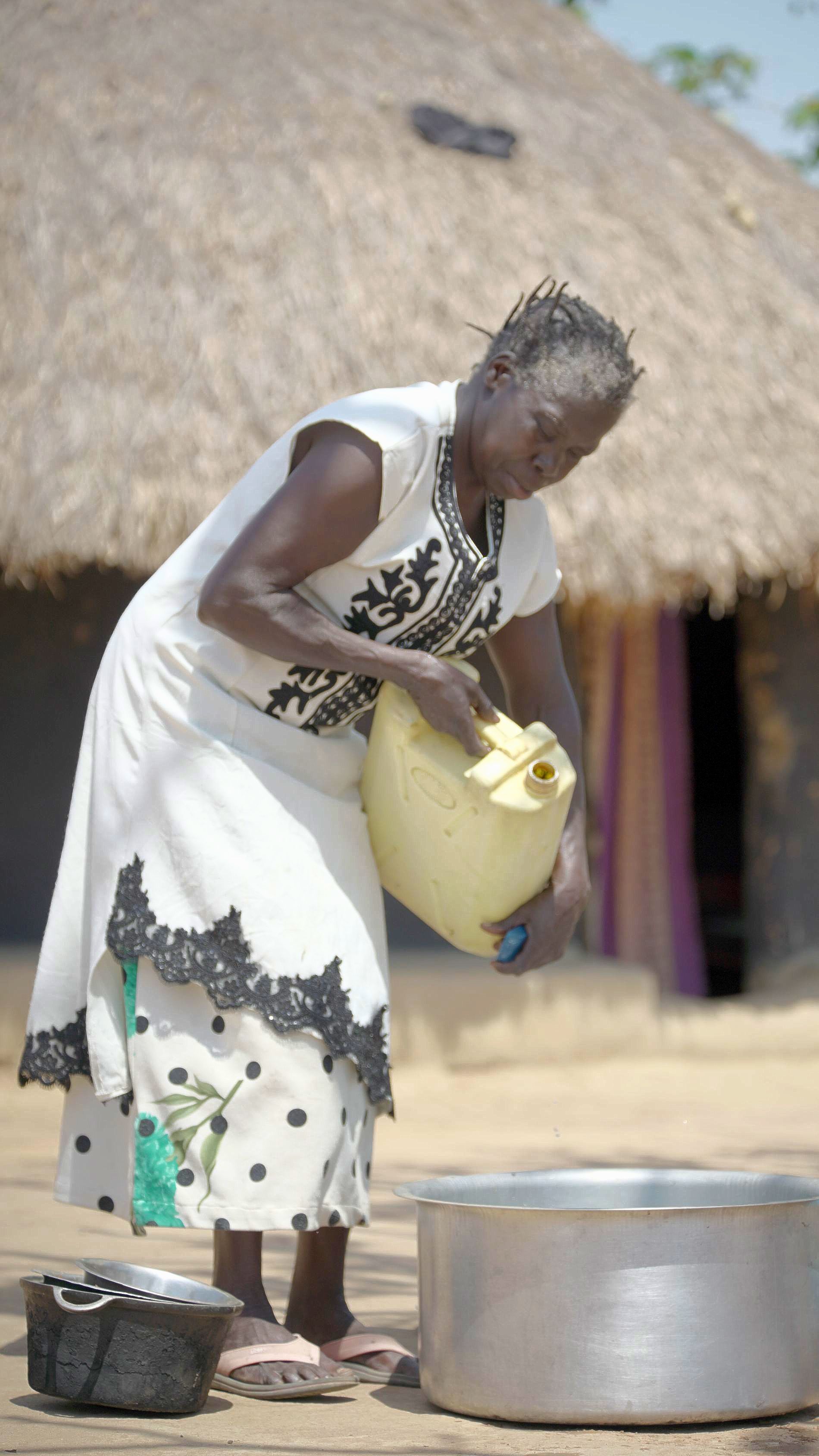
What are the causes of gender inequality?
Gender inequality stems from a complex interplay of factors, including deep-seated cultural and societal norms, stereotyping, patriarchal systems, and discriminatory laws and policies. Harmful gender norms that ascribe specific roles and expectations to individuals based on their gender perpetuate inequality.
Additionally, limited access to quality education, healthcare, economic opportunities, and political representation further exacerbate gender disparities. It is crucial to identify and challenge these causes to pave the way for gender equality.
What are the effects of gender inequality?
Gender inequality leaves a lasting imprint on society, affecting individuals and communities in various ways. By denying women and marginalized genders equal opportunities in education, employment, and leadership roles, gender inequality hinders their ability to contribute fully to society.
Here are some of the most common effects of gender inequality:
· Stifled individual potential and limited social mobility
· Perpetuation of cycles of poverty and exclusion
· Denial of equal opportunities in education, employment, and leadership roles
· Hindrance to full societal contributions by women and marginalized genders
· Hampered economic growth and underutilization of talents and skills
· Reinforcement of harmful stereotypes and biases
Addressing gender inequality is crucial for creating a fairer and more prosperous society. By promoting equal access to opportunities, challenging discriminatory norms and practices, and fostering inclusivity, we can unlock untapped potential, foster economic development, and pave the way for a more equitable future for all.
Examples of Gender Inequality
Gender inequality can be observed in various spheres of life. Let us explore some examples to shed light on its multifaceted nature:
- Girls' Education
One example of gender inequality is the unequal access to education faced by girls in many parts of the world. Cultural norms, economic factors, and discriminatory practices often limit educational opportunities for girls, perpetuating a cycle of disadvantage. By denying girls education, societies miss out on their immense potential and contributions to economic and social development.
- Child Marriage
Child marriage is another form of gender inequality that affects millions of girls globally. When girls are forced into marriage at a young age, their right to education, personal development, and autonomy is curtailed. Child marriage perpetuates gender disparities and denies girls the opportunity to reach their full potential.
- Gender-based Violence
Gender-based violence, including domestic violence, sexual assault, and harassment, is a grave manifestation of gender inequality. Women and girls are disproportionately affected by such violence, which not only inflicts physical and psychological harm but also limits their ability to participate fully in society.
- Child Labor
Gender inequality is often intertwined with child labor, particularly in industries such as agriculture, manufacturing, and domestic work. Girls are often subjected to hazardous working conditions, low wages, and denied opportunities for education and personal growth.
- Gender Inequality at Work
Gender inequality in the workplace is pervasive, with women often facing wage gaps, limited career progression, and occupational segregation. Stereotypes and biases contribute to the undervaluation of women's work and restrict their opportunities for leadership and decision-making roles.
Gender inequality is a serious issue that affects many people around the world. Amigos is an organization that works to combat gender inequality by providing support and education to those who have been affected by it. Through their blog, they will explain the various ways in which gender inequality manifests and what individuals can do to help fight against it. By providing resources and support, Amigos hopes to create a more equitable society for all. They understand that this is a global issue, and they are here to provide aid and support to anyone who needs it.
Amigos Internacionales is a dynamic organization that works closely with young women from diverse backgrounds across Africa and Latin America. Our mission is to empower these aspiring individuals by providing them with the necessary tools and mentorship to reshape their outlook and unlock their limitless potential. We believe that by supporting their growth, we can create a positive ripple effect that uplifts entire communities. Join us today in making a real difference and contribute to our cause by partnering with us or making a donation. Together, let's pave the way for a brighter future!
Categories
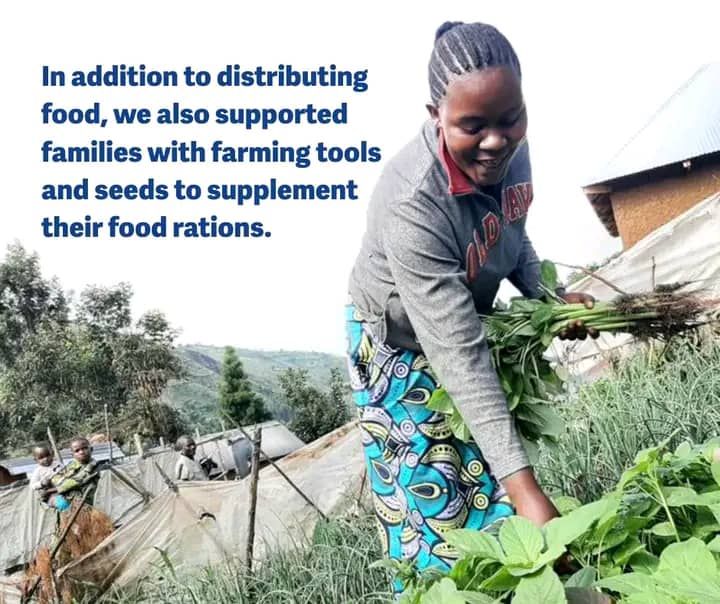
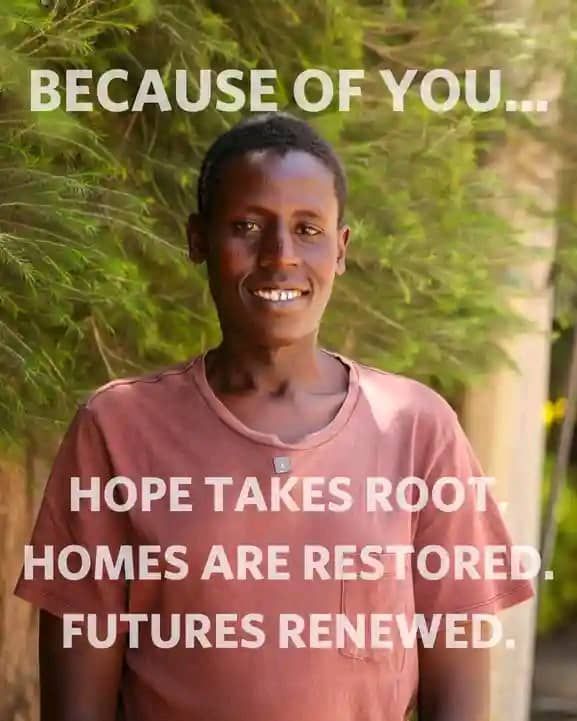
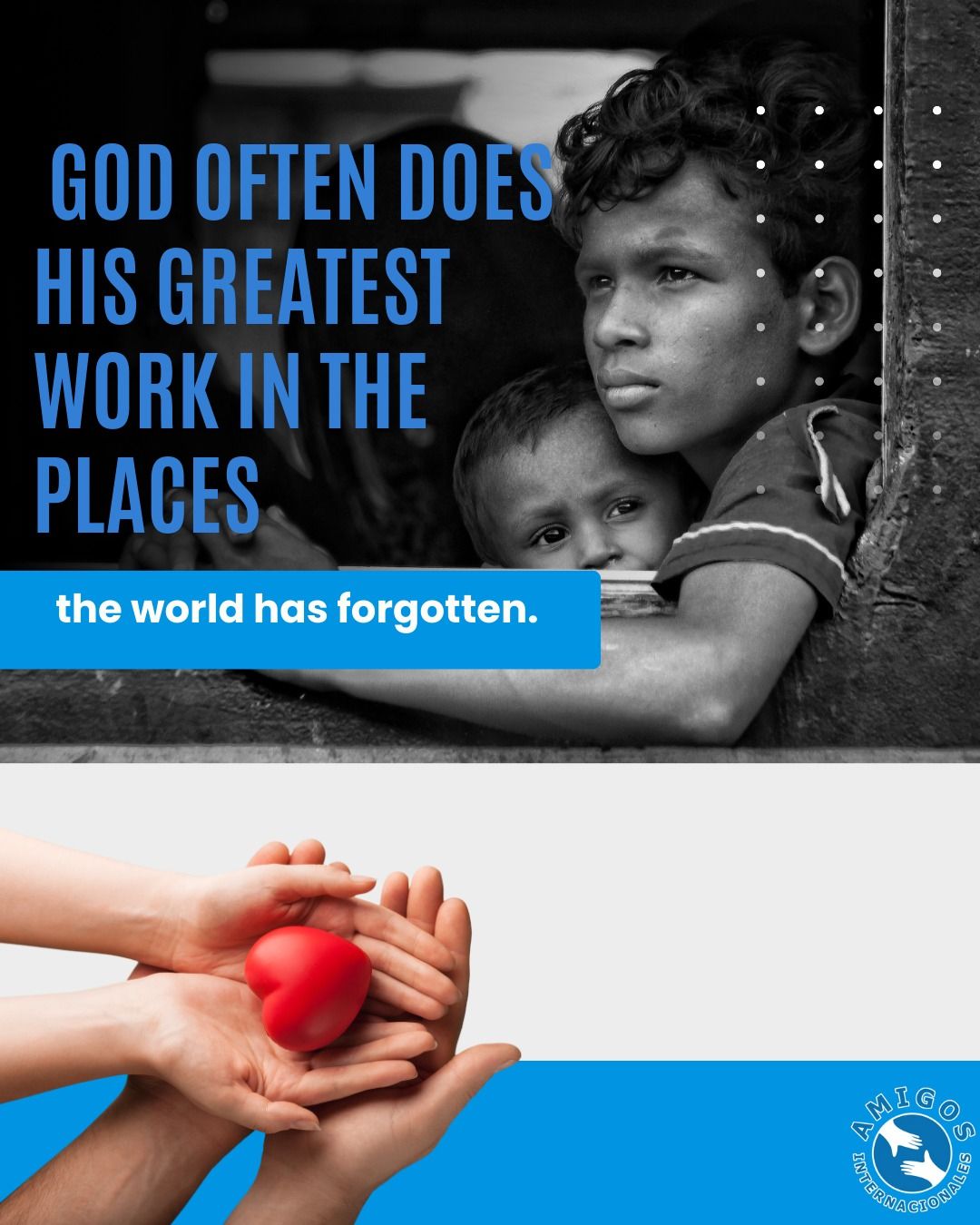

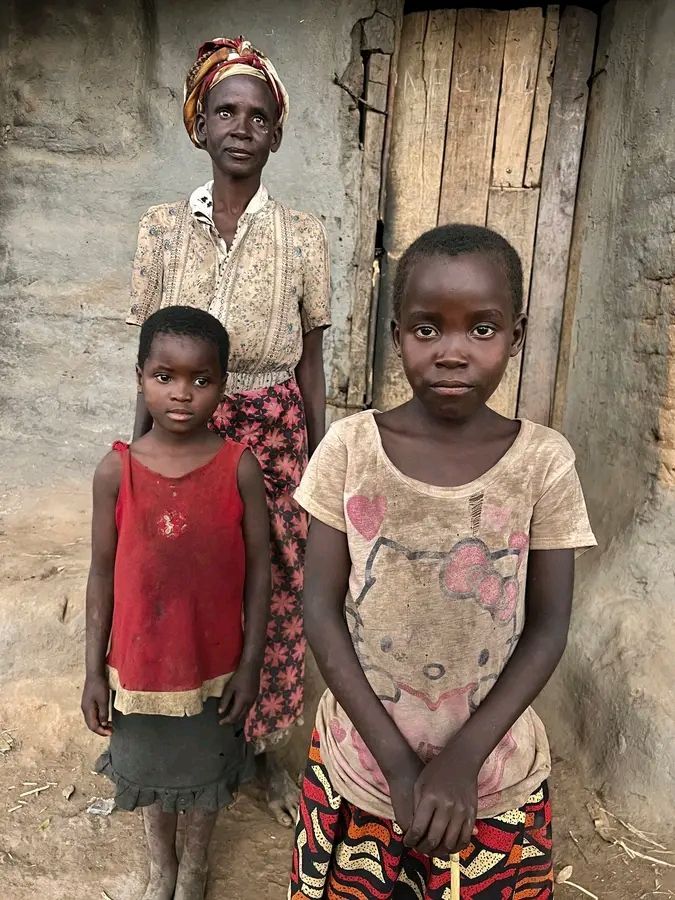



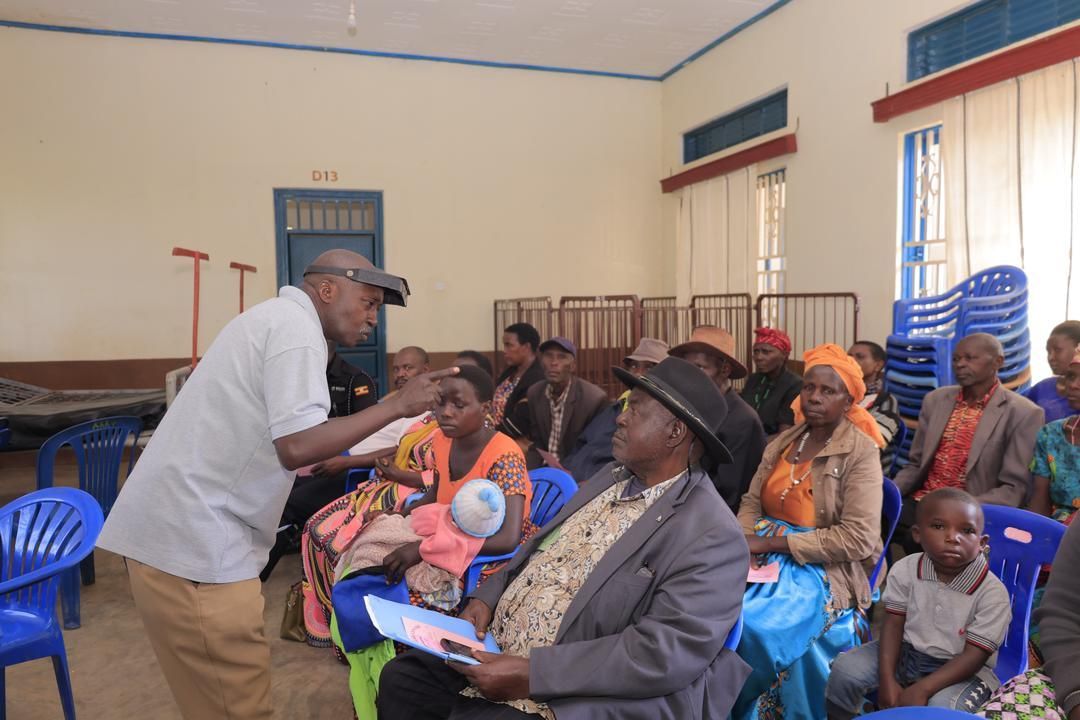
Social Media













